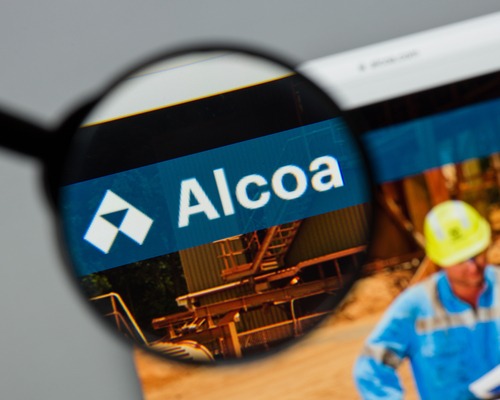
Pittsburgh-based Alcoa Corporation announced it will develop a project to significantly reduce carbon emissions in the alumina refining process.
The Australian Renewable Energy Agency (ARENA) awarded Alcoa of Australia an $8.8 million grant to test the use of renewable energy in a process known as Mechanical Vapor Recompression (MVR). Alcoa of Australia is currently doing technical and commercial studies on adapting the MVR technology to refining. Electricity from renewable energy would power compressors to turn waste vapor into steam, which, in turn, would be used to provide heat in the refinery process.
If the feasibility studies are successful, Alcoa of Australia plans to install three-megawatt MVR modules with renewable energy sources in Western Australia. Those modules, put in place by the end of 2023, would test the MVR modules at scale.
“Already, Alcoa is the world’s lowest carbon intensity alumina producer, and the application of MVR, if proven successful, would be an important step forward in further reducing greenhouse gas emissions,” said Eugenio Azevedo, Alcoa’s Vice President for Continuous Improvement. “Using lower carbon alumina in the smelting process will reduce the overall carbon footprint of the metal, too, when considering the indirect and direct emissions across bauxite mining, alumina refining, and aluminum smelting and casting.”
Alcoa estimated the MVR technology powered by renewable energy could reduce an alumina refinery’s carbon footprint by as much as 70 percent. Additionally, by capturing water vapor that would otherwise be released into the atmosphere, the technology can reduce water use in the refining process.
The development project aligns with Alcoa’s strategic priority to “Advance Sustainability.” Alcoa of Australia has filed provisional patent applications in Australia to use MVR technology in the alumina refining process that cover a variety of MVR applications.